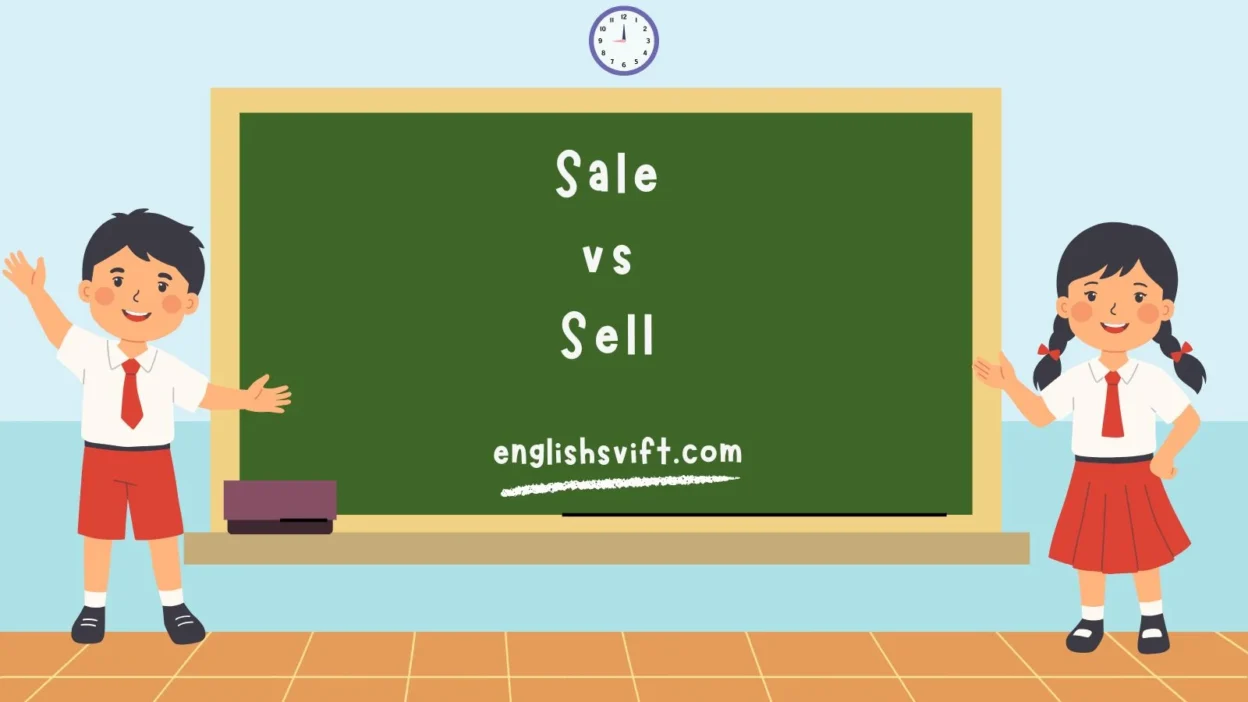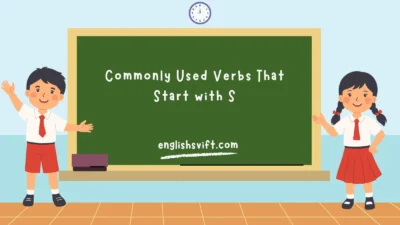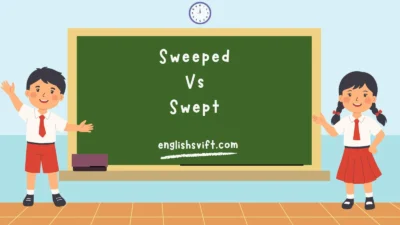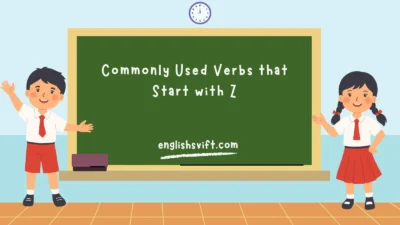If you’ve ever paused while typing an email, posting online, or even chatting with friends, wondering whether to use sale or sell, you’re not alone. This mix-up is one of the most common grammar problems in English—even for native speakers. The words sound similar, they’re often used in related contexts, and they both revolve around the idea of buying, selling, and money.
In this guide, we’ll break down the difference between sale and sell once and for all. We’ll use examples, real-life stories, grammar tips, and tables to help you remember.
By the end, you’ll not only know which word to use—you’ll feel confident using them in business emails, casual conversations, and even persuasive marketing pitches.
Quick Summary: The Core Difference Between Sale and Sell
| Word | Part of Speech | Meaning | Example |
| Sale | Noun | The act or event of selling something | “The store is having a sale this weekend.” |
| Sell | Verb | The action of offering something for money | “They will sell the old car tomorrow.” |
👉 Sale = noun (thing/event)
👉 Sell = verb (action)
That’s the nutshell difference. But let’s go deeper.
Sale vs Sell: Why People Get Confused
- Both words relate to commerce, money, and transactions.
- They’re often found in similar sentences (shop signs, ads, emails).
- Many mistakenly write “for sell” instead of the correct “for sale.”
- Digital communication (quick texts, social posts) increases typo frequency.
💡 Quick tip: If you can put an article (a, the, a big) before it, you’re likely dealing with sale (noun). If you can put to or conjugate it (sell, sells, selling, sold), it’s sell (verb).
Breaking Down the Meanings: Sale (Noun) vs Sell (Verb)
| Word | Function | Examples in Sentences |
| Sale (noun) | Refers to the event, item, or instance of selling | “Holiday sale starts tomorrow.” / “This painting is not for sale.” |
| Sell (verb) | Refers to the act of persuading someone to buy or the process of transferring goods | “She wants to sell her house.” / “They’re trying to sell the idea to investors.” |
👉 Sale = result or event
👉 Sell = process or action
Parts of Speech: Noun vs Verb Explained Simply
- Noun (Sale): Think of it as a thing. You can touch, attend, or describe a sale.
- Verb (Sell): It’s always about doing. Selling requires action—offering, persuading, convincing.
Example:
- Correct ✅: “The sale lasted three days.”
- Correct ✅: “They will sell shoes at reduced prices.”
- Wrong ❌: “The car is for sell.”
Common Definitions and Dictionary Meanings
| Word | Dictionary.com Definition | Quick Rewrite |
| Sale | The exchange of a commodity for money; the action of selling something | The event or instance where money and goods change hands |
| Sell | To exchange a commodity for money; offer for sale | The act of giving something in return for money |
Notice how definitions overlap but their part of speech (noun vs verb) separates them.
The Role of Context: When to Use Sale and Sell
- Sale shows up in advertisements, stores, and retail events.
- Sell shows up in business transactions, marketing, persuasion, and daily speech.
Examples:
- Sale: “Black Friday sale attracted millions.”
- Sell: “The company will sell 10 million copies.”
Sale in Everyday Life: Shops, Discounts, and Marketing
Sale is everywhere:
- “20% off sale this week.”
- “Garage sale on Saturday.”
- “Everything must go—clearance sale!”
In commerce, sale = discount + urgency. It attracts attention, drives traffic, and boosts revenue.
Sell in Action: How It Works in Sentences
Sell highlights persuasion, action, and exchange.
- “Can you sell me on this idea?”
- “They sold their old laptop for $300.”
- “He’s great at selling insurance.”
Examples of Sentences with Sale vs Sell
| Correct Sentences | Incorrect Sentences |
| “This phone is for sale.” | “This phone is for sell.” |
| “They want to sell the house.” | “They want to sale the house.” |
| “Holiday sale ends tomorrow.” | “Holiday sell ends tomorrow.” |
On Sale vs For Sale: Subtle Grammar Differences
| Phrase | Meaning | Example |
| On sale | Discounted, reduced price | “Shoes are on sale for 40% off.” |
| For sale | Available to buy, not necessarily discounted | “That house is for sale in Dubai.” |
Popular Phrases: Tough Sell, Hard Sell, Easy Sell
- Tough sell → Something difficult to convince someone about.
- Hard sell → Aggressive sales technique.
- Easy sell → Something convincing with little effort.
Example:
“Convincing kids to eat veggies is a tough sell.”
Expressions with “Sale”: Garage Sale, Bake Sale, Yard Sale
- Garage sale → Unwanted household items sold cheaply.
- Bake sale → Homemade baked goods for fundraising.
- Yard sale → Similar to a garage sale, outdoors.
Usage in Retail and Commerce: Sale vs Sell in Business
| Business Term | Correct Use |
| First sale | “The company celebrated its first sale.” |
| Quarterly sales | “Q3 sales exceeded $1 million.” |
| Selling strategy | “Marketing teams plan how to sell more effectively.” |
Monetary Value: Revenue, Transactions, and Payments
- Sale = result → Records revenue.
- Sell = action → Drives the transaction.
Example:
“The sale generated $10,000.”
“The team will sell more products next quarter.”
Selling Goods and Services: Practical Examples
- Goods: “Retailers sell clothes, electronics, furniture.”
- Services: “Hairdressers sell styling and cutting services.”
Marketing & Persuasion: Convince, Induce, and Oversell
Selling is not just about goods—it’s about persuasion.
- “They’re trying to sell the proposal to investors.”
- “The ad oversold the product’s benefits.”
Grammar Pitfalls: “For Sell” and Other Mistakes
❌ Incorrect: “This bike is for sell.”
✅ Correct: “This bike is for sale.”
Rule: Use for sale → never “for sell.”
Pronunciation Guide: Sale /seɪl/ vs Sell /sɛl/
- Sale → Long “a” sound: sail.
- Sell → Short “e” sound: cell.
Tip: Think “sail a boat” (sale) vs “cell phone” (sell).
Sale vs Sell in Academic and Formal Writing
- Academic: Use precise terms → “Annual sales report.”
- Business: “We must sell investors on the new plan.”
The Role of Etymology: Where Sale and Sell Come From
- Sale: Old Norse sala (a thing sold).
- Sell: Old English sellan (to give, hand over).
Metaphorical Uses: Selling Ideas, Dreams, and Stories
- “He tried to sell me on the vacation idea.”
- “Her story was a tough sell for the publisher.”
Digital Age: Sale vs Sell in Online Stores and Emails
- “Flash sale ends tonight!” (e-commerce marketing)
- “Sign up to sell on our platform.”
International English: US vs UK Preferences
- US: “Yard sale.”
- UK: “Car boot sale.”
- Both: “For sale” is universal.
Real-Life Stories: How a Misuse Cost Sales Teams Deals
Imagine writing “for sell” in a professional email to clients—it signals carelessness and reduces trust. Small errors can cost big opportunities.
Quick Quiz: Can You Spot the Right Usage?
| Sentence | Correct or Incorrect? |
| “The laptop is for sale.” | ✅ Correct |
| “We want to sale more products.” | ❌ Incorrect |
| “She will sell her artwork online.” | ✅ Correct |
| “Biggest sell of the year!” | ❌ Incorrect |
FAQs
Q1: Is it correct to say “for sell”?
No, the correct phrase is for sale.
Q2: What’s the past tense of sell?
The past tense is sold. Example: “They sold the house last year.”
Q3: Can “sale” ever be a verb?
No, sale is only a noun. Sell is always the verb.
Q4: What’s the difference between “on sale” and “for sale”?
On sale = discounted. For sale = available to buy.
Q5: How do I remember sale vs sell easily?
Think: Sale = noun (event), Sell = verb (action).
Conclusion
The words sale and sell may look similar, but they serve very different roles in English. Sale is a noun—the event, the deal, the result. Sell is a verb—the act of persuading, offering, or transferring ownership.
Whether you’re writing an academic paper, selling products online, or simply texting a friend, using the correct form shows professionalism and clarity. Next time you hesitate, remember:
👉 If it’s an event → it’s a sale.
👉 If it’s an action → it’s to sell.



